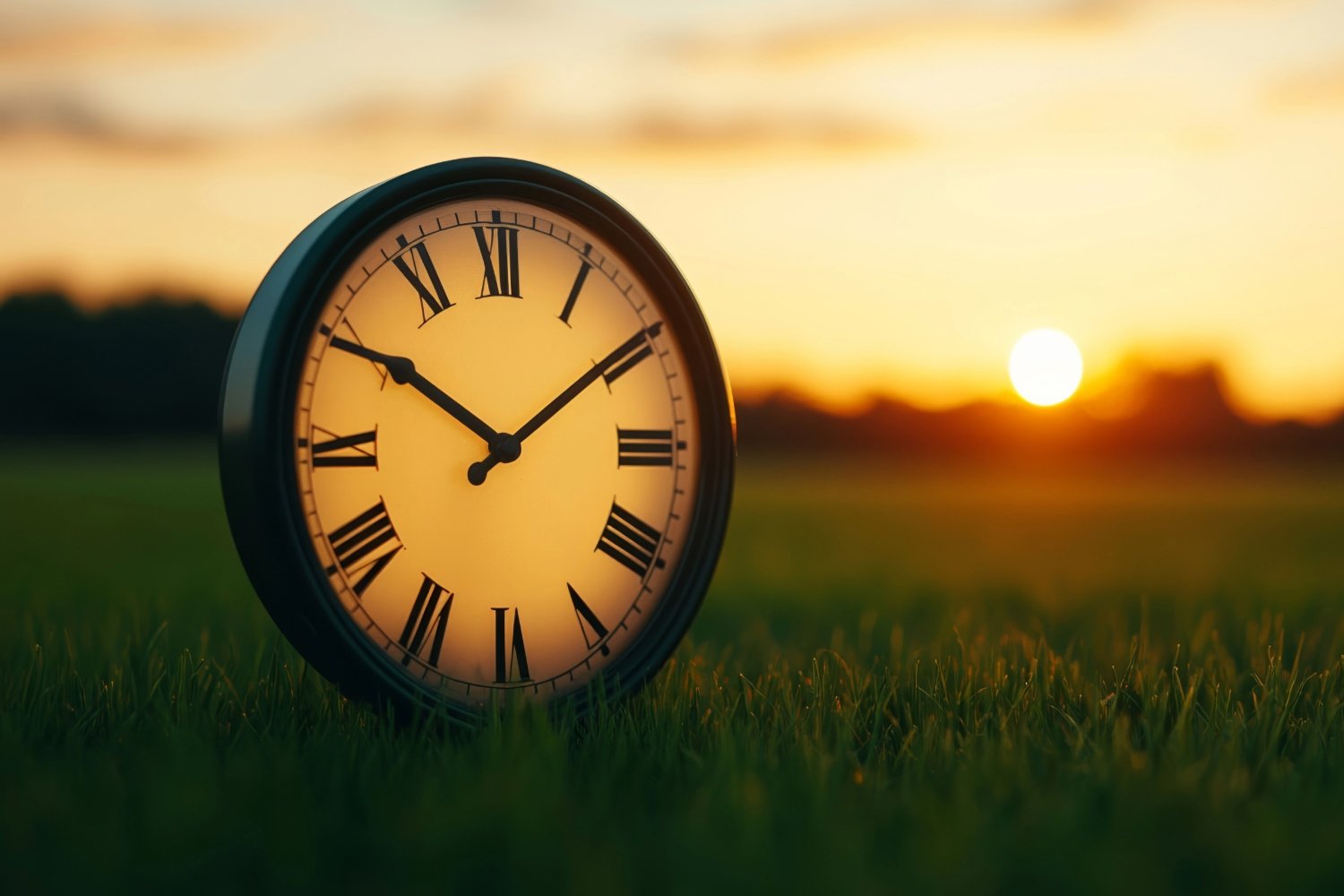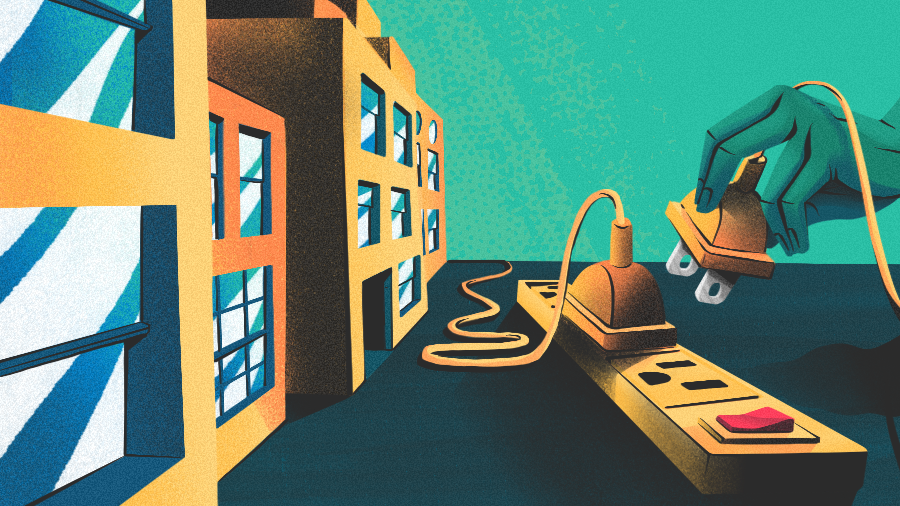Although our smartphones, computers and tablets automatically change the time, it will have to be done manually for our watches and our clocks. The time change will take place this year, it will take place Sunday March 30, 2025 at 2 am. You will need to add 60 minutes to the legal hour. It will then be 3 hours instead of 2 hours. Unfortunately it will not be, not the last! But, do you know why? And do you know the origin of these changes of hours when approaching winter and summer?
1916: the establishment of a first change of hour in France
Summer time change was introduced for the first time during the First World War, to save energy. European countries began to adopt the change of summer time from 1916, by advancing the clocks of an hour in summer to enjoy natural light longer in the evening and thus reduce energy consumption.
The change of summer time was officially established in France in 1976 following an increase in the Price of oil, and since then, many other countries in the world have adopted this practice, although the exact dates of the time change vary from country to country. In the United States, the change of summer hour was established in 1918 but was abolished after the war, then resettled during the Second World War and finally made permanent in 1966. It was not until 1998 that Europe established this large-scale change of hour.
Has the expected goal been achieved?
An interesting study conducted in 2010 by ADEME, the Environment and Energy Mastering Agency, shows that these hours changes in 2009, a reference year of the study, saved 440 GW H which represents the annual consumption of 800,000 households. This result is accompanied at the same time with a reduction of 44,000 tonnes of CO2 emissions, still in 2009. According to the calculations made by ADEME, this time change, if still active in 2030, could lower CO2 emission by 110,000 tonnes.
But did it perceive in the same way by the population? No, some people have been campaigning for years to stop the time change in France, as in Europe. The impact of this schedule is not as beneficial for humans with more or less significant disturbances and an increase in road accidents.
This hit the Council of the European Union which had planned for the end of the time change for 2019 after a favorable vote of the European Parliament. European countries are therefore responsible for choosing a final hour, winter time or summer time. Nevertheless, this would cause logistical concerns between a country that runs in summer time and its neighbor in winter time. It would seem logical that all the countries of Europe have a single hour.
The European Affairs Committee of the National Assembly questioned several French people in order to know their opinion concerning these changes of hours. This survey testifies that 83.71 % of the French population against 16.29 % wants the end of the time change. A second question asked during the investigation shows more divergence. Indeed, 59.17 % of people have the will to keep the summer time against 36.97 % who wish to keep the winter time.
Nevertheless, the Pandemic of COVID-19 has passed by that stopping numerous projects and in particular this change of time. Therefore, on the night of March 29 to 30, we will go to summer time.
Last time change? No, we will advance an hour in the night from Saturday to Sunday
Before all the countries of the European Union agree, ink has flowed on papers, or water under the bridges. Therefore, it will still be necessary Advance its clock by an hour on the night of March 29 to 30, 2025. That is to say that Sunday, at 2 a.m., it will actually be 3am, “an hour less under the duvet”!
We make you an appointment on the night of Saturday October 25 to Sunday October 26, 2025 to, this time back up our clock by one hour to enter the winter time.
If we sleep shorter, where do we say best in France?
A recent study by Unobravo analyzed the sleep conditions in 30 French cities according to criteria such as noise and bright pollution, air quality, internet speed, and the number of cafes. The study aims to identify cities offering the best environment for restorative sleep. According to the results, Besançon is classified as the best French city for sleepthanks to its low rate of noise and bright pollution (38 out of 100) and a percentage of high green spaces (54 %). In addition, an average internet speed of 200 Mbps reduces digital distractions before bedtime, thus promoting quality sleep.
Saint-Etienne occupies second place, with the highest percentage of green spaces (57 %), which contributes to improving the quality and duration of sleep. The city also has few cafes per capita (3.4 per 100,000), which reduces the temptation to consume caffeine at the end of the evening. Aix-en-Provence ranks third, benefiting from low sound and light pollution (35 out of 100) and 56 % of green spaces. However, the city has a high number of coffees, which could disrupt the sleep of night owls.
On the other hand, Lyon is considered to be the worst French city for sleep, with a low percentage of green spaces (29 %) and a quick internet speed (279 Mbps), which increases digital distractions before bedtime. Bordeaux and Strasbourg follow in the classification of the worst cities, with disturbing urban environments for sleep. Bordeaux has a high density of cafes, while Strasbourg suffers from high sound and light pollution.
🟣 To not miss any news on the Geek Journal, subscribe to Google News. And if you love us, .











